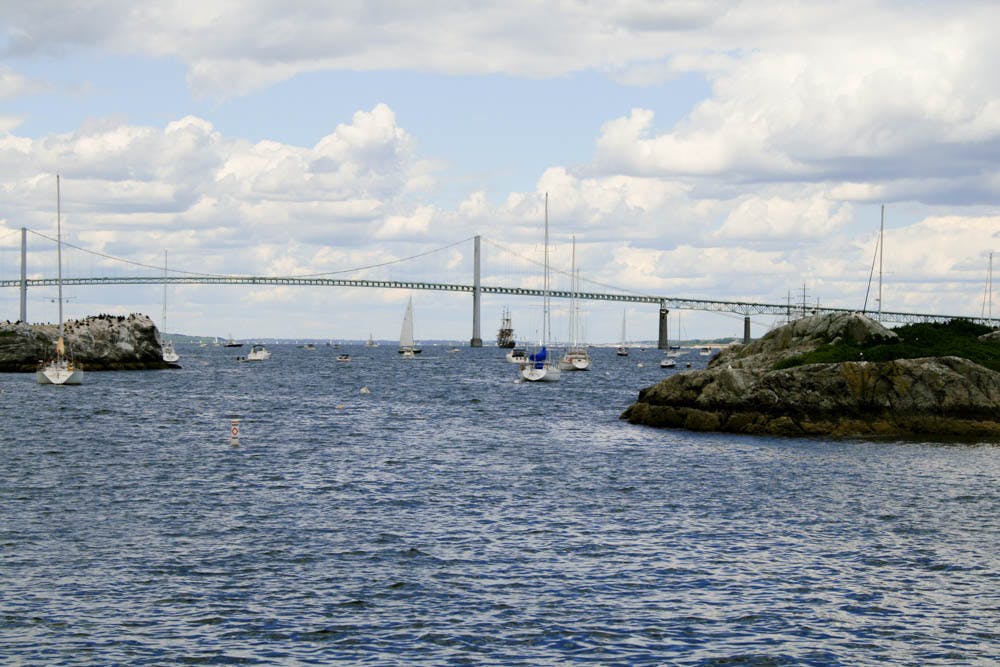At a conference in Providence Monday, the Environmental Protection Agency cancelled talks by three scientists whose work provides evidence for the harmful effects of climate change on the Narragansett Bay.
Although the EPA helped to fund the report that the conference focused on, the agency initially offered no explanation for why it barred panelists Rose Martin and Emily Shumenchia and keynote speaker Autumn Oczkowski from presenting. The decision left the organizers of the workshop scrambling for new speakers.
The cancellation comes under an EPA that has been hesitant to address climate change. EPA chief Scott Pruitt has gone on record saying that he does not believe that human emissions are the primary driver of global temperature changes, and many environmental researchers have expressed worries that the agency will cut funding to climate research. Additionally, the agency has removed resources for fighting climate change from its website, affecting local governments’ ability to address the issue.
Many scientists swiftly denounced the EPA’s decision following coverage from the New York Times and the Washington Post, criticizing the agency online and in a protest in Providence, which was attended by over 40 citizens and scientists. Responding to public outcry, the EPA explained its decision as an internal “miscommunication.”
Attendees of the workshop are hesitant to accept that answer. “It wasn’t bad communication; it was an example of the way they would like to handle things at the upper echelons of the EPA,” said John King, professor of oceanography at the University of Rhode Island and chair of the Science Advisory Committee of the Narragansett Bay Estuary Program.
Tom Borden, program director of the Narragansett Bay Estuary Program, said he was “disappointed” by the decision, adding that he had yet to receive a clear explanation.
The workshop, which was held Monday despite the cancellations, presented the results of a report on the Narragansett Bay and its watershed. The report found that joint cleanup efforts between the government, businesses and scientists have increased the environmental quality of the bay. But it also concluded that climate change could undo all of the recent gains in coming years, King said.
“As environmentalists, we need to plan for the worst case scenario,” King said. He stressed that scientists can only do so by addressing human-induced climate change with that.
The EPA’s move also elicited criticism from some Democratic Congressmen.
“Muzzling scientists benefits no one,” wrote Sen. Sheldon Whitehouse (D-RI), who also spoke at the conference, in a tweet on Monday. “Science gives us headlights to see what’s coming up for us in estuaries like Narragansett Bay in RI.”
https://twitter.com/SenWhitehouse/status/922499129582014464
Despite the agency’s recent hesitancy to address climate change, numerous scientific reports — including the one on Narragansett Bay — have documented widespread evidence of it, pointing to rising sea levels, global temperatures, water quality and air quality. The scientific community has virtually unanimously stood behind these reports, continuing to push their results in the face of public skepticism.
Paradoxically, the agency continues to fund a number of environmental studies across the country, including 26 watershed projects similar to the one conducted on the Narragansett Bay, King said.
The conference’s keynote speaker was replaced by Robinson Fulweiler, associate professor of biology, earth and environment at Boston University, according to the workshop’s website. Fulweiler, who studies how climate change impacts marine life, called the move an “abuse of power” by the Trump administration, the Washington Post reported.





